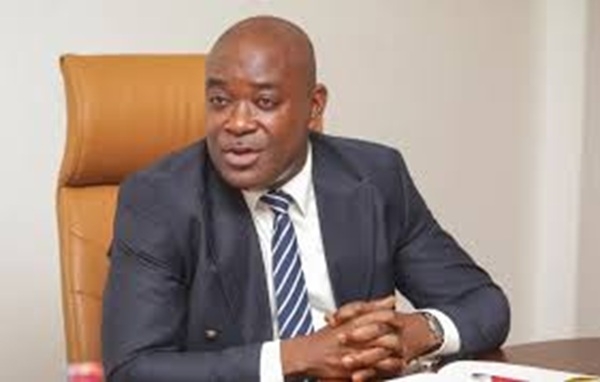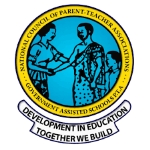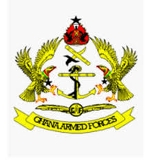Concerned University Lecturers question transparency in GTEC boss’ academic credentials and promotion history
 Prof Ahmed Jinapor, GTEC boss
Prof Ahmed Jinapor, GTEC boss
A group of concerned university lecturers is raising fresh questions about the qualifications, publication record, and promotion processes of Prof. Ahmed Jinapor Abdulai, the Director-General of the Ghana Tertiary Education Commission (GTEC).
Their concerns follow the release of documents from the University of Education, Winneba (UEW) under the Right to Information Act, 2019, detailing his academic records and career progression.
According to the UEW disclosure, Prof. Jinapor earned a BA (First Class Honours) in Philosophy and Religions from the University of Ghana, an MA in International Affairs from Ohio University, a Doctor of Education (Ed.D.) in Curriculum and Instruction from West Virginia University, and a Postgraduate Diploma in Teaching and Learning in Higher Education from UEW.
He began his career as a lecturer and was promoted to Senior Lecturer in 2016.
His application for Associate Professorship, filed in 2017, was eventually approved by the UEW Governing Council in September 2022 and backdated to April 2017.
The UEW documents also note that he submitted more than the number of publications required for each promotion stage.
However, critics say important verification documents — including authentication of his foreign degrees by GTEC (or its predecessor, NAB) — are absent, although UEW indicates such validation was “not required at the time.”
One of the most contentious issues is the reversal of his 2019 promotion denial.
UEW records show that in May 2019, three external assessors reviewed his application — with two giving positive assessments and one negative — but the Appointments and Promotions Board did not recommend his elevation to Associate Professor at the time.
It was only after an appeal in March 2022, when Prof. Jinapor was already serving as Director-General of GTEC, that the Board reversed its earlier decision.
The Governing Council ratified the new decision in September 2022.
Some academics argue that this sequence raises issues of possible conflict of interest, given GTEC’s regulatory oversight over tertiary institutions, including UEW.
They insist that even if no wrongdoing is proven, such circumstances undermine confidence in the integrity of the promotions system.
The Concerned University Lecturers are also disputing the visibility of Prof. Jinapor’s research record. They claim independent checks on academic indexing platforms — such as Google Scholar and Scopus — reveal few or no peer-reviewed publications traceable to him, despite the number of papers he reportedly submitted for promotion.
This, they say, is a major concern because professorial rank globally depends on verifiable scholarly output.
As head of the country’s tertiary-education regulator — and a leading voice in the fight against fake degrees and honorary-title abuses — critics argue that a lack of visible academic work could weaken public confidence in his moral and professional authority.
The lecturers are now demanding an independent audit of Prof. Jinapor’s:
academic credentials,
foreign degree validation,
publication record, and
the processes leading to the reversal of his promotion.
They also want tertiary institutions to publish external assessor reports, strengthen conflict-of-interest rules, and apply verification standards uniformly — including to top regulators.
While there is no evidence so far that Prof. Jinapor falsified credentials, the lecturers insist the procedural gaps and unanswered questions are significant — especially given his high-profile regulatory role.
For them, a transparent investigation is essential not only to clear any doubts surrounding the GTEC Director-General, but to safeguard the integrity of Ghana’s entire tertiary education system.
Source: Classfmonline.com/Cecil Mensah
Trending News

It is 'childish entitlements' for Fourth Estate to demand Independence Day expenditure under RTI – Razak Kojo Opoku
11:13
Ga Mantse joins British community in Accra to celebrate King Charles III’s 77th birthday
11:14
Majority Caucus calls for public engagement as Parliament reviews Ghana’s lithium deal
13:59
CETAG declares indefinite strike over gov’t’s failure to implement NLC award
09:50
Madina MP elected chairman of ECOWAS Caucus at Africa Parliamentary Union
03:41
Rev. Opuni Frimpong hails Christian schools’ right to maintain their religious rules
11:02
NCPTA condemns 'rising religious discrimination in schools
11:06
Mahama reaffirms strong Ghana–UK ties as Prince Edward visits Jubilee House
20:07
Ghana Armed Forces temporarily closes Accra recruitment centres, except El-Wak
09:39
Lands Minister signs book of condolence for fallen NAiMOS officer
03:33



